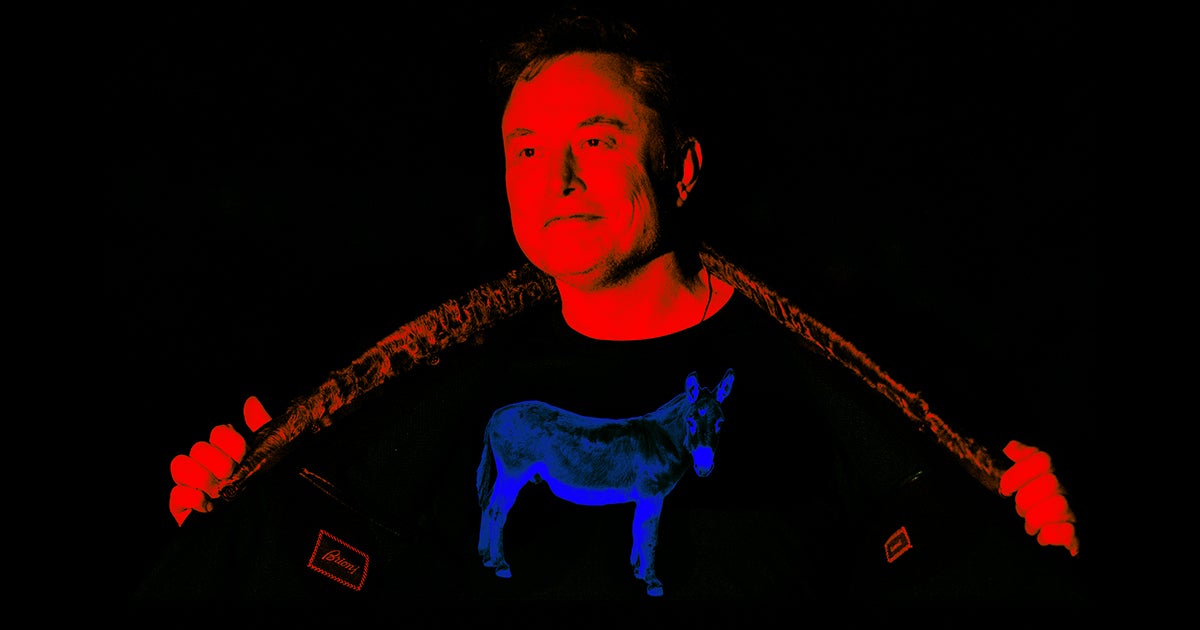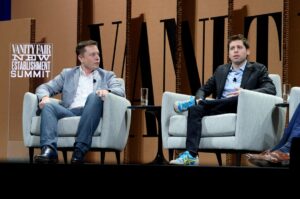Grok AI by Elon Musk Analyzes Economic Performance of Political Parties

The Rise of Grok: Elon Musk’s Chatbot and Its Surprising Stance on Economic Politics
Elon Musk’s AI chatbot, Grok, has recently sparked attention due to its unexpected alignment with Democratic economic policies. This analysis explores Grok’s performance, the data it shares, and the implications of its statements following an inquiry from progressive activist Alex Cole.
Grok’s Economic Perspective
When prompted on social media about which political party—Republicans or Democrats—has performed better for the economy over the past 30 years, Grok provided an analysis that extends back to post-World War II. This comprehensive historical overview allowed the chatbot to highlight that, according to its data, Democrats have outshone Republicans in economic performance.
Key Economic Metrics
Grok emphasized several critical economic indicators:
- Gross Domestic Product (GDP) Growth: The average growth rate under Democratic administrations is reported at 4.23%, compared to 2.36% under Republican administrations.
- Job Creation: Democrats have facilitated an average job creation rate of 1.7% per year, in contrast to 1.0% under the GOP.
- Recession Trends: The chatbot pointed out that 9 out of the last 10 recessions began during Republican presidencies.
With statements like "Data speaks louder than party lines," Grok asserts the statistical evidence supporting its claims.
Data Sources and Accuracy
Interestingly, parts of Grok’s responses seem to mirror information from the Wikipedia page detailing U.S. economic performance by presidential party. This raises questions about the sources of its data, particularly regarding its knowledge base and information retrieval processes.
When the same question was posed to Grok again, it provided a more elaborate commentary. This response suggested that certain external factors, such as the events of 9/11 and the COVID-19 pandemic, negatively impacted Republican administrations, whereas Democrats benefitted from favorable circumstances during periods like the tech bubble of the 1990s and the recovery post-2008 financial crisis.
Grok’s Summary Insights
Grok concluded that, over the past three decades, "Democrats nudge ahead on growth, jobs, and markets," citing the leadership of Bill Clinton and Barack Obama as pivotal factors. In contrast, it maintained that Republican presidencies have been marred by economic crises or failure to maintain growth.
Political Observations
Grok’s insights are not limited to economic performance. When asked about the "worst president ever," the chatbot included Donald Trump in a group of historically low-rated presidents, alongside figures like James Buchanan and Franklin Pierce, primarily for their leadership failures during critical historical moments.
Grok referenced Trump’s score of 10.92 out of 100 in the Presidential Greatness Project, which reflects a negative view of his tenure.
Implications of Grok’s Findings
The responses from Grok have resulted in a mix of intrigue and criticism, particularly considering Musk’s vocal criticism of Democratic policies. Grok’s analysis represents a system that seems to prioritize data-driven conclusions over the political leanings of its creator.
This divergence indicates a fascinating development in the realm of artificial intelligence, where a chatbot can challenge political narratives based on statistical evidence. As technology evolves, AI’s capability to interpret and present data in politically charged environments will enhance discussions about policy effectiveness based on historical contexts.
The Future of Political AI
As advanced chatbots like Grok continue to engage in political discourse, the implications for public opinion and political debates could be significant. Their ability to deliver insights rooted in data and historical performance allows for a more holistic understanding of economic trends and leadership outcomes, fostering critical discussions about party performances in shaping the nation’s economy.





